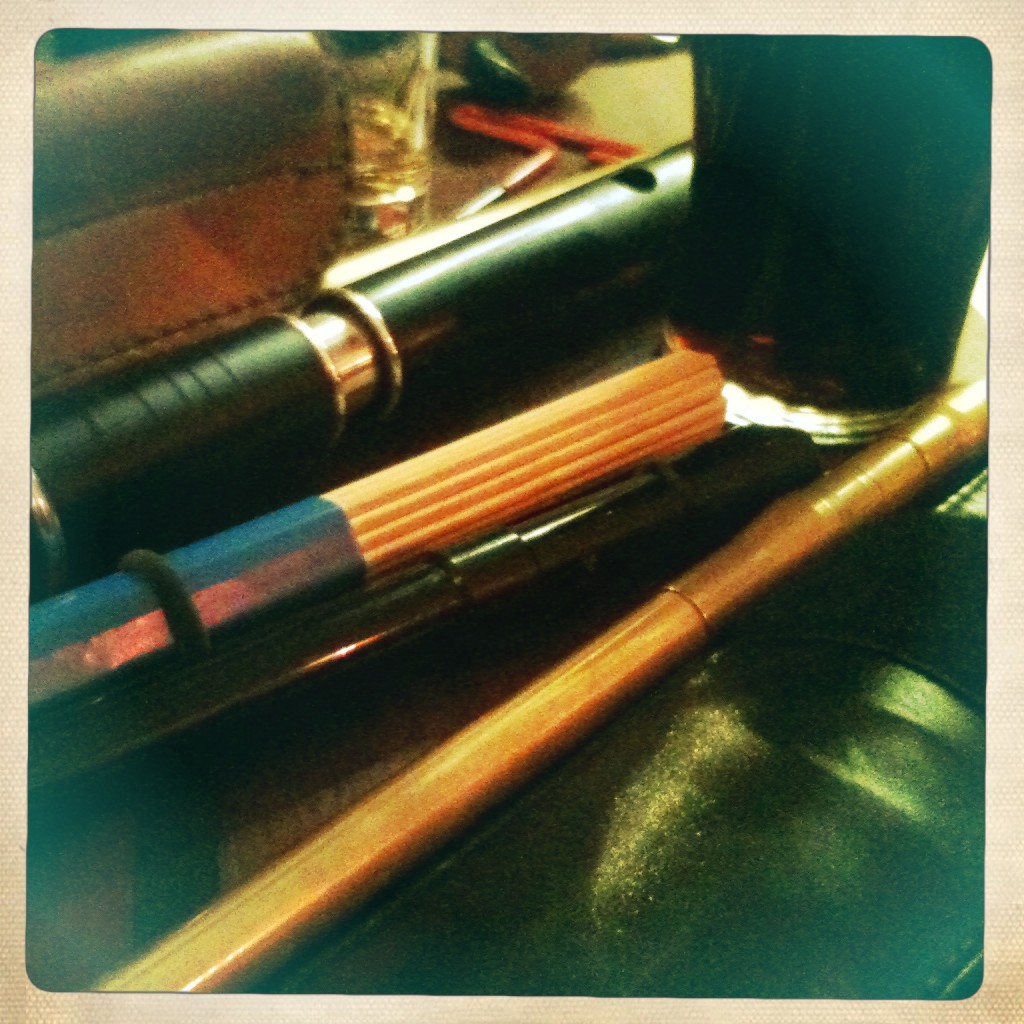 Last night the Improvers and Beyond class learned Charlie O’Neill’s No.2, the third and final tune of a set comprising a strathspey and two Donegal highlands. The other tunes are Bidh Eoin and Charlie O’Neill’s No. 1.
Last night the Improvers and Beyond class learned Charlie O’Neill’s No.2, the third and final tune of a set comprising a strathspey and two Donegal highlands. The other tunes are Bidh Eoin and Charlie O’Neill’s No. 1.
The version of the tune I play has come from the playing of regular musical partner Cathy Sharp in Edinburgh sessions and it is a little different from ones I have come across online. Versions have been recorded by Altan and by Cran, that I am aware of. Cran call it Charlie O’Neill’s and I have added the number to distinguish it from the other Charlie O’Neill’s we learned. It may be that both tunes are also known by other titles.
See the Resources page for the music.
Cathy learned it in Donegal, where there are many fiddle workshops and events that reflect the dominance of the instrument in that area. Flutes barely feature at all, although the late Frankie Kennedy was part of Altan for many years and has a festival in his honour.
The Donegal highland is related to the music of Scotland, in particular that of the west coast, where that have been strong cultural links over the centuries. If you’re looking around for examples of Donegal music, this site makes a good introduction and there is a good Wikipedia overview as well.
Photo of James Byrne in Glencolmcille by Rik Walton, some rights reserved.

 Last night the Slow and Steady class learned a Breton tune that I have since discovered is an untitled Ton Double Gavotte from the playing of fiddler Kevin Burke on his
Last night the Slow and Steady class learned a Breton tune that I have since discovered is an untitled Ton Double Gavotte from the playing of fiddler Kevin Burke on his 

